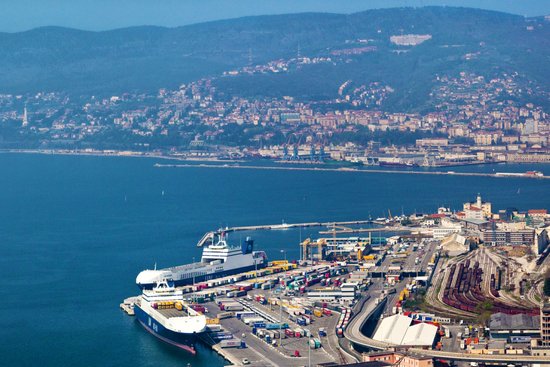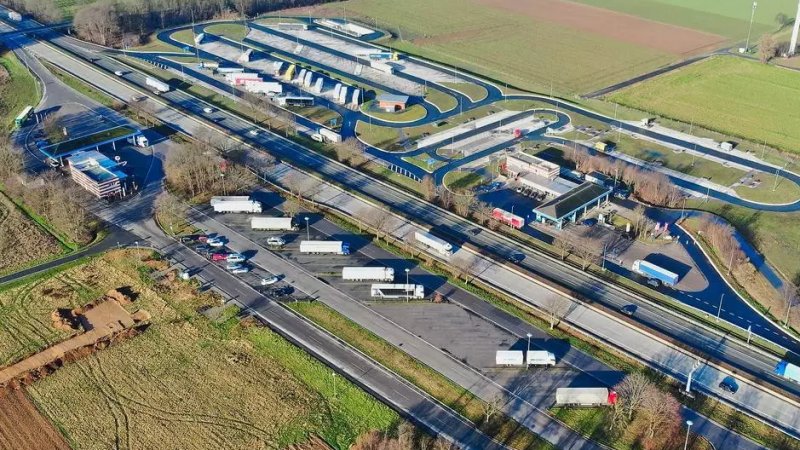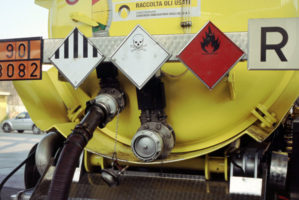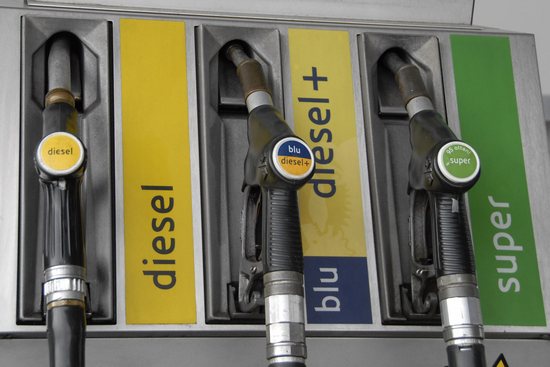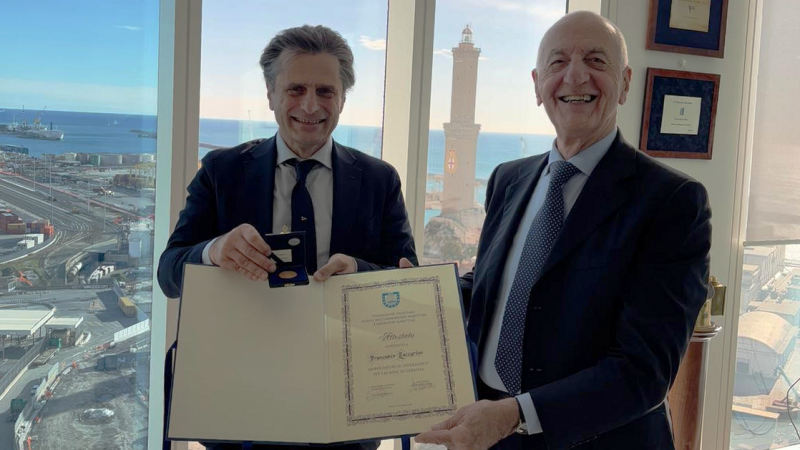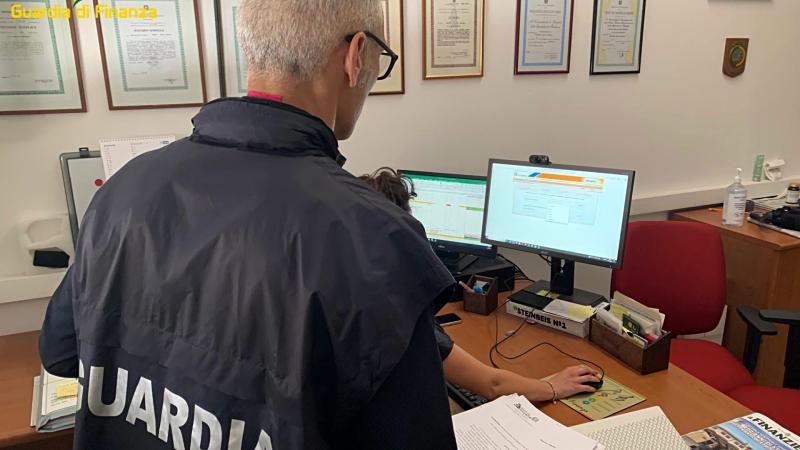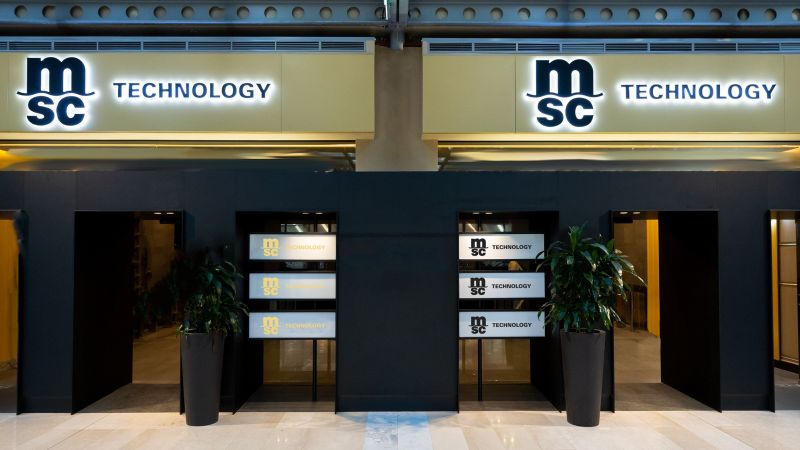On November 18, 2024, Italy's Competition and Market Authority (AGCM) announced that it had launched an inquiry to verify a possible breach of Article 101 of the Treaty on the Functioning of the European Union, following the merger between Moby and Grandi Navi Veloci (GNV). The investigation, formally initiated during a session on November 5, 2024, aims to assess whether the structural link created between the two companies could lead to reduced competition and increased prices, potentially harming consumers.
At the center of the inquiry is the complex financial operation involving the two maritime companies. In 2020, Moby filed for a debt restructuring plan with the Milan Tribunal to address its financial difficulties. The subsequent restructuring, which also involved its subsidiary CIN (Compagnia Italiana di Navigazione), saw the MSC Group acquire a strategic stake. Through Sas Shipping Agencies Services, the Aponte family-owned group acquired 49% of Moby's shares following a capital increase and a €243 million loan granted in December 2023.
According to AGCM, although this stake does not grant MSC direct governance rights over Moby, it has established a "strong structural link" between Moby and GNV, which is also controlled by MSC. MSC's involvement in both companies has raised concerns within the Authority about the possibility that this corporate structure might facilitate coordination between the two firms, reducing competition and limiting consumer options.
GNV and Moby primarily operate in the transportation of goods and passengers through ro-pax and ro-ro vessels on key routes across the Mediterranean. Among these, the Civitavecchia-Olbia, Genoa-Olbia, Genoa-Porto Torres, and Naples-Palermo routes represent the relevant markets under scrutiny by AGCM. On these routes, GNV and Moby directly compete, creating a duopoly or a "restricted oligopoly," as in the case of the Naples-Palermo route, where Grimaldi is also present.
According to data reported by the Authority, GNV and Moby hold significant market shares on these routes, with "leading positions" often shared or asymmetrically divided. For example, on the Genoa-Porto Torres route, GNV and Moby operate under a duopoly regime, with both companies offering daily frequencies and, in some cases, seasonal increases. According to AGCM, this type of market structure is highly susceptible to coordination between companies, especially given the high entry barriers, such as the significant cost of vessels and the need for strategic port slots.
One key aspect of the investigation concerns the potential "coordination of commercial policies" between Moby and GNV, which could be facilitated by MSC's stake. According to AGCM, MSC's acquisition of 49% of Moby could facilitate contact and information exchange between the two companies, reducing incentives to compete.
The Authority's price analysis revealed a "significant correlation" between fares offered by GNV and Moby on shared routes. For instance, ticket prices for the summer 2025 season show a similar and highly correlated trend between the two companies, suggesting there may have been some form of price coordination. Such behavior could lead to "increased costs for consumers" and reduce price variability, typical of a competitive market.
The Authority also noted that GNV's reduction of service frequencies on certain routes for the upcoming summer season could be another indication of weakened competition between the two companies. The observed dynamics suggest diminished incentives for each party to compete actively, with the risk of fewer services being offered at higher prices.
AGCM points out that the markets in which Moby and GNV operate are characterized by "significant entry barriers." These include the high initial investment required for vessel acquisition and the limited availability of slots at key ports. In a market already dominated by a few players, the entry of new competitors becomes particularly challenging, contributing to the consolidation of Moby and GNV's positions and making the market less dynamic.
The Authority fears that the link between the two companies could lead to a "collusive equilibrium" in maritime transport markets, further reducing competitive pressure on the other major player, Grimaldi. Such a scenario could negatively impact the market, decreasing the available options for consumers and causing an increase in prices.
The involved parties have sixty days to submit their observations and request a hearing before AGCM, while the proceedings must conclude by March 31, 2026. If the investigation confirms the antitrust violations, Sas, GNV, and Moby could face sanctions and be required to modify their agreements to restore competitive dynamics in the market.


